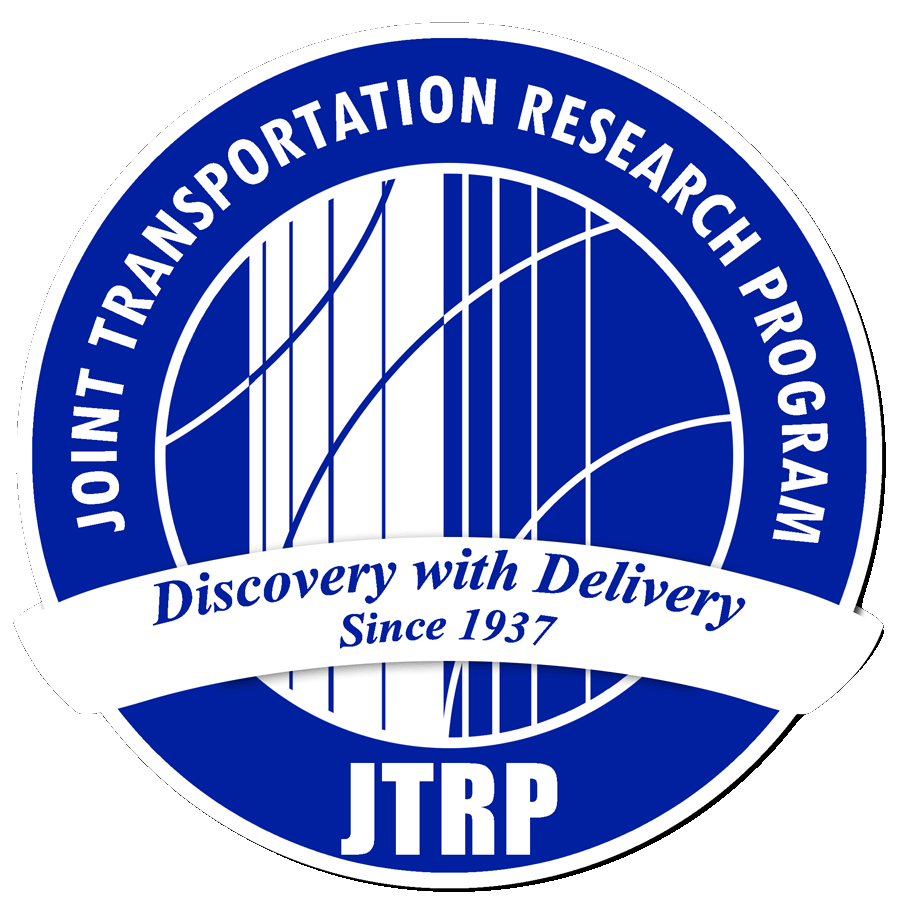Abstract
The loss of states’ sovereign immunity in the 1970’s opened the gates for highway-related tort liability suits against the states. Between January 2001 and September 2002, the State of Indiana investigated and settled hundreds of highwayrelated tort cases, involving several millions of dollars in taxpayers’ money. There is a need to assess the frequency of occurrence and financial impacts of such claims, and to examine how the growth of highway tort claims could be arrested. This study aimed at reviewing existing highway tort liability risk management practices at other states for possible applicability to INDOT, developing a framework for managing highway tort liability risks in the state, and determining the inputs needed for implementing various alternative levels of risk management and their respective impacts. Using data from the Indiana Attorney General’s Office, it was found that the common claims represent a relatively small percentage of the total settlement cost of tort litigation for INDOT, but represent a significant part of investigation costs as they represent nearly half of the total annual number of filed claims. The study also traced the typical paths of INDOT related claims from inception to settlement, developed probability trees representing these paths, and estimated settlement amounts arising from expected outcomes along each claim path. In order to establish the break-even points for various levels of risk management, a decision theoretic approach was utilized on the basis of expected expenditure on claim settlements on one hand and expected resource costs on the other hand. The cost-effectiveness of various alternative levels of risk management was thus estimated. Using a questionnaire survey, the study found that unlike most other states, INDOT does not have an office or program explicitly set up for risk management. Furthermore, the study found that Indiana’s Attorney General Office, not INDOT, is responsible for monetary settlements of highway related tort claims. The study concluded with a set of recommendations to guide INDOT in establishing an office for highway tort liability risk management in an incremental and evolutionary manner in a bid to reduce the frequency and cost of common claim filing. Finally, the study made recommendations for increased coordination and cooperation between INDOT and the Attorney General’s Office for more effective monitoring of highway related tort liability cases in Indiana.
Keywords
tort liability, risk management, sovereign immunity, common claims, palliative risk management, pre-emptive risk management, decision theoretic approach, break-even analysis, cost-effectivenss, SPR-2662
Report Number
FHWA/IN/JTRP-2003/20
SPR Number
2662
Performing Organization
Joint Transportation Research Program
Publisher Place
West Lafayette, IN
Date of Version
2004
DOI
10.5703/1288284313330
Recommended Citation
Giraud, T., V. Chovichien, S. -. Labi, and K. C. Sinha. The Development of a Highway Tort Liability Management System for the Indiana Department of Transportation. Publication FHWA/IN/JTRP-2003/20. Joint Transportation Research Program, Indiana Department of Transportation and Purdue University, West Lafayette, Indiana, 2004. https://doi.org/10.5703/1288284313330Project Number
C-36-78I
File Number
3-10-9


